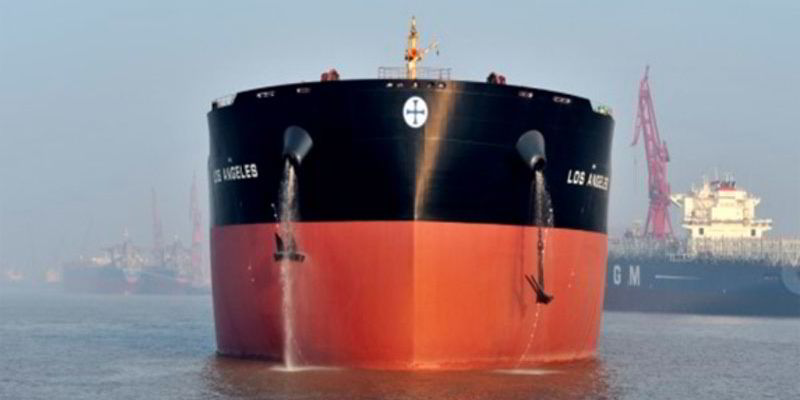A severe skills shortage is preventing the shipping industry from making better use of ‘big data’, according to a new survey.
This short coming is said to be ultimately negating performance and cost-saving potential, according to the report commissioned by Sea Asia 2017.
According to the survey, 63% of the leaders believe the lack of access to big data is holding back their ability to utilise it, with only 12% saying they are compiling, analysing and storing big data.
Shipping executives say key areas where they see potential benefits from the use of such information are real time information on vessel performance (77%) and cost savings 70%).
PSA International’s head of group technology Oh Bee Lock said senior shipping executives need to start looking more closely into how data analytics can augment human decisions, while bringing the workforce up to speed.
“There is no question that big data will transform the port and logistics industry substantially,” said Oh.
“From enabling cargo visibility to the development of self-piloting ships, the benefits are clear.
“With technology changing rapidly today, the industry will develop slower than others if it does not harness and use big data successfully.
“The next step must be for us to prepare the industry to fully integrate big data analytics into the working environment.
“We need to look into developing the skills of our current workforce to ensure that there are professionals who are trained to collect and use the large amounts of data in the industry, and make it more interesting for big data professionals to join the industry.
Some 50% of the survey participants are said to have supported this sentiment, recognising the need for more skilled professionals, especially with the industry moving towards smart shipping, while 83% highlighted the importance of focusing on developing the skills of current employees.
Oskar Levander, vice president of innovation at Rolls-Royce Marine, highlighted that with the global move towards smarter technologies, it is crucial that all stakeholders recognise the need to change with the times and work together to keep up.
“Big data has the potential to change and disrupt the maritime sector, changing the way services are offered and allowing new players with new and different skills sets to enter the market,” he said.
“The evolution of technology means that the competitive landscape for the maritime industry is also changing quickly.”



